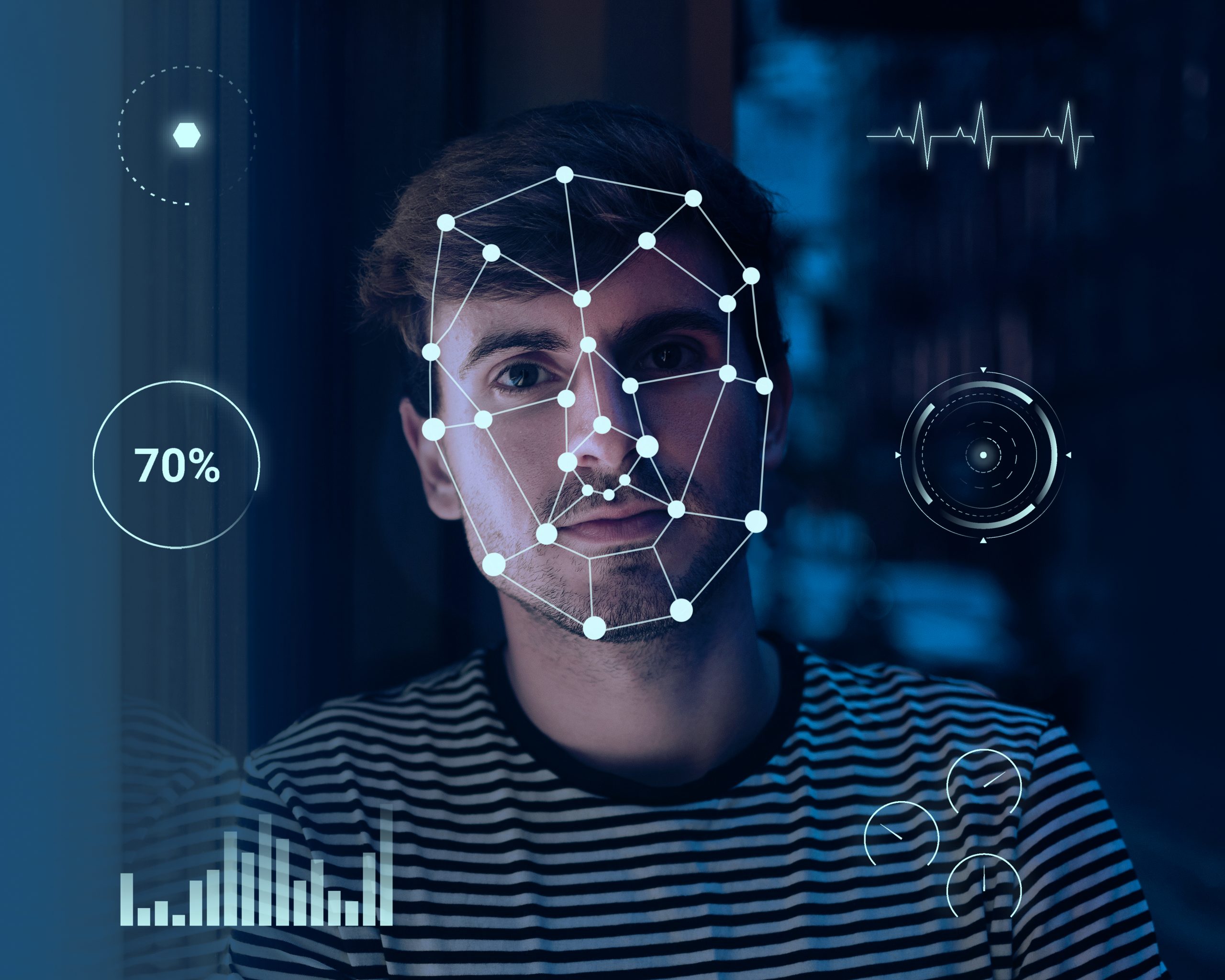

Relationship building can be difficult for those who have trouble recognizing faces, which can result in mental health problems and social anxiety. A recent study sheds light on prosopagnosia, also known as face blindness, a disorder that affects roughly 1 in 50 persons and hinders facial identification.
More than seventy study volunteers had their brains scanned while watching scenes from the hit television show “Game of Thrones.” The show’s renownedly complicated primary characters were known to half of the participants, while the other half had never watched the series.
MRI scans revealed that when main characters appeared on screen, brain activity in neurotypical participants who knew the characters increased in areas of the brain linked to non-visual knowledge about the characters, such as their identities and our understanding of them.
visual cortex
It’s interesting to note that viewers of “Game of Thrones” also have stronger connections between the visual brain and these non-visual areas. In contrast, the group of neurotypical participants who had never watched the series showed a considerable reduction in these waves of activity.
The researchers next conducted the same study on prosopagnosic individuals to ascertain whether these regions are crucial for face recognition. The same as with the last group, half of them had never seen “Game of Thrones” and the other half had watched it.
Their inability to recognize faces is consistent with the fact that the effect of familiarity was not observed in the same brain regions as neurotypical participants. In facial blindness, there was also a decrease in the connections between the visual and non-visual regions.
Anxiety in society
Senior author of the study published in Cerebral Cortex, Professor Tim Andrews of the Department of Psychology, said, “We were particularly delighted to see our study’s results because they imply that our capacity to recognize faces depends on what we know about people, not just what they seem like.
“Our study suggests that face recognition involves connecting a face with information about the person, such as their character traits, body language, our personal experiences with them, and our feelings towards them. It was previously thought that face recognition was learned through visual properties, such as features, configuration, and texture.
“Facial recognition is essential for daily life and social interactions. When people struggle with this, it can significantly impact their lives and relationships, often leading to mental health issues and social anxiety.
“Our research enhances the understanding of how prosopagnosia appears to be linked to reduced neural connections, making it challenging to associate faces with personal knowledge, which is crucial for recognition.”
worldwide appeal
The reason the researchers decided to present “Game of Thrones” footage to the participants was because of the show’s widespread appeal and plenty of well-developed main characters.
“We chose to show participants footage from ‘Game of Thrones’ because the series captivated people around the world with its strong characters and their deeply nuanced personalities,” said Kira Noad, Ph.D. candidate in the Department of Psychology and lead author of the study.
“Many previous studies on the mechanisms in the brain behind facial recognition have been done in laboratory settings with 2D static images of faces. We aimed to create a study format that was more like real life, using video to show complex scenes with multiple people.
“We now need to carry out further studies to explore in more detail how activity across different regions of the brain allows us to recognize faces as well as what factors can disrupt this process.”
For more information: Familiarity enhances functional connectivity between visual and nonvisual regions of the brain during natural viewing, Cerebral Cortex, https://dx.doi.org/10.1093/cercor/bhae285
more recommended stories
 Statins Rarely Cause Side Effects, Large Trials Show
Statins Rarely Cause Side Effects, Large Trials ShowKey Points at a Glance Large.
 Anxiety Reduction and Emotional Support on Social Media
Anxiety Reduction and Emotional Support on Social MediaKey Summary Anxiety commonly begins in.
 Liquid Biopsy Measures Epigenetic Instability in Cancer
Liquid Biopsy Measures Epigenetic Instability in CancerKey Takeaways Johns Hopkins researchers developed.
 Human Antibody Drug Response Prediction Gets an Upgrade
Human Antibody Drug Response Prediction Gets an UpgradeKey Takeaways A new humanized antibody.
 Pancreatic Cancer Research: Triple-Drug Therapy Success
Pancreatic Cancer Research: Triple-Drug Therapy SuccessKey Summary Spanish researchers report complete.
 Immune Cell Epigenome Links Genetics and Life Experience
Immune Cell Epigenome Links Genetics and Life ExperienceKey Takeaway Summary Immune cell responses.
 Dietary Melatonin Linked to Depression Risk: New Study
Dietary Melatonin Linked to Depression Risk: New StudyKey Summary Cross-sectional analysis of 8,320.
 Chronic Pain Linked to CGIC Brain Circuit, Study Finds
Chronic Pain Linked to CGIC Brain Circuit, Study FindsKey Takeaways University of Colorado Boulder.
 New Insights Into Immune-Driven Heart Failure Progression
New Insights Into Immune-Driven Heart Failure ProgressionKey Highlights (Quick Summary) Progressive Heart.
 Microplastic Exposure and Parkinson’s Disease Risk
Microplastic Exposure and Parkinson’s Disease RiskKey Takeaways Microplastics and nanoplastics (MPs/NPs).

Leave a Comment